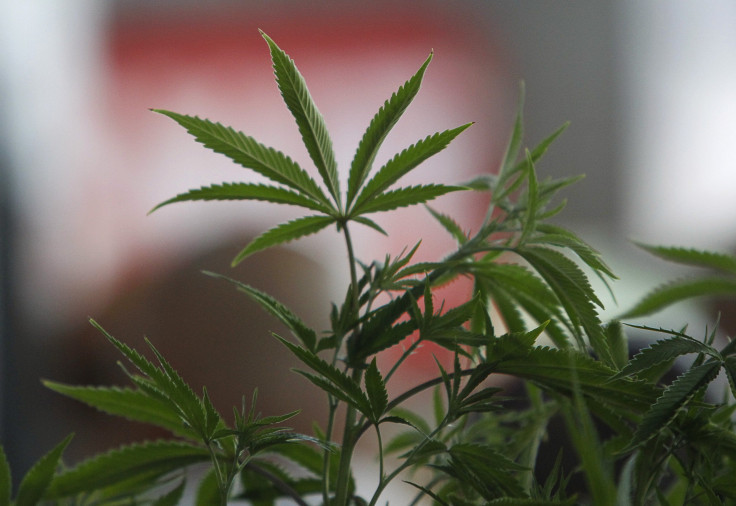Poll Suggests Support For Marijuana Legalization In New Hampshire

Support for marijuana legalization and decriminalization in New Hampshire is rising, particularly among Democrats and undeclared voters, according to a poll released Thursday. The poll, by WMUR-TV in Manchester, revealed that 3 in 5 adults in the first-in-the-nation primary state favor marijuana legalization, while 72 percent support decriminalization.
The poll suggests a growing shift in support in New Hampshire for marijuana-related issues, with pot decriminalization receiving bipartisan support throughout the state. As in much of America, liberals, young adults and Democrats have the highest rates of approval for marijuana-related policy issues, while conservatives, older adults and regular churchgoers primarily oppose it.
"National polls have shown majority support for legalization for a few years now," wrote Tom Angell, the chairman of Marijuana Majority, a pro-legalization advocacy group, in an email, "but this survey of voters in a key primary election state should be of particular interest to presidential candidates who are looking for issues that appeal to large constituencies."
The poll said that 73 percent of registered Democrats support legalization and 80 percent support decriminalization. Quinnipiac polls in the spring suggested that multiple swing states support medical and recreational marijuana, which advocates suggest will become a critical issue during the presidential election. Fifty-one percent of voters in Virginia, 62 percent of voters in Colorado, 55 percent in Florida, 52 percent in Ohio and 51 percent in Pennsylvania support recreational pot, according to the Quinnipiac polls. Colorado, a frequent swing state, voted to legalize recreational marijuana for adults over the age of 21 in 2012.
Angell said he expects the prevalence of support for legalization in key swing states will lead to an endorsement by a major presidential candidate in the 2016 election.
"For too long, elected officials have viewed marijuana policy as a dangerous third-rail of politics," Angell wrote in a statement, "but the evidence is now clear that speaking out for ending prohibition will bring immense political benefits to those candidates who get in front of the issue before their rivals do."
© Copyright IBTimes 2024. All rights reserved.












